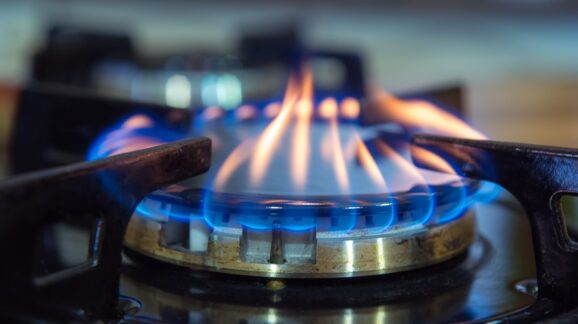Why is the debt ceiling deal helping to ban gas stoves?

Photo Credit: Getty
When Biden-appointed Consumer Product Safety Commission (CPSC) commissioner Richard Trumka, Jr. announced last January that his agency was investigating gas stoves and that a ban was “a real possibility,” it set off a powerful public backlash against such government meddling.
To their credit, Republicans and some Democrats have pushed back with bills to stop CPSC from doing so, as well to block the Department of Energy (DOE) which has also launched a rulemaking disproportionately targeting gas stoves over electric versions. But there’s more to the federal assault on gas stoves than these two agencies, including several provisions in last year’s Inflation Reduction Act (IRA). The House debt ceiling bill passed last April defunded these and other foolish climate-related expenditures. But now, the entire IRA is back in the debt ceiling deal that is currently being negotiated.
The gas stove agenda is part of a much larger climate activist war on the residential use of natural gas in favor of the electrification of everything. It is completely nonsensical – beyond the much higher cost of electricity over natural gas for homeowners, it is not even clear that the switch will reduce greenhouse gases given that nearly 60 percent of electricity is generated by coal or natural gas. Nonetheless, this agenda is being pursued by many of America’s most well-funded environmental groups. The top 5 such organizations in this space have a combined annual budget of $1.48 billion dollars. They hit pay dirt with the IRA.
Among the many incentives to get homeowners to ditch gas appliances in favor of electric versions is a whopping $840 handout to homeowners for the purchase of a new electric stove. Gas stoves get nothing. True, this is a carrot for electric stoves rather than a stick for gas, but consider that most big stove makers produce both. It’s entirely possible that some and perhaps most will stop making gas versions if the playing field continues to be tilted so heavily against them.
Worse, there’s also money in the IRA to assist with environmentally-correct changes to state and local building codes, including bans on natural gas hookups in new construction. Yet more funds are available to incentivize builders of federally-subsidized housing to forego gas hookups and make these new residences electricity-only. You can’t have a gas stove if you don’t have gas.
In defending the actions of CPSC and DOE, the administration has insisted that these agency actions do not constitute a ban. But when considering all the anti-gas stove measures, including those in the IRA, the cumulative effect will most definitely curtail the availability of gas stoves in the years ahead. And the debt ceiling deal, as it now stands, helps achieve this.